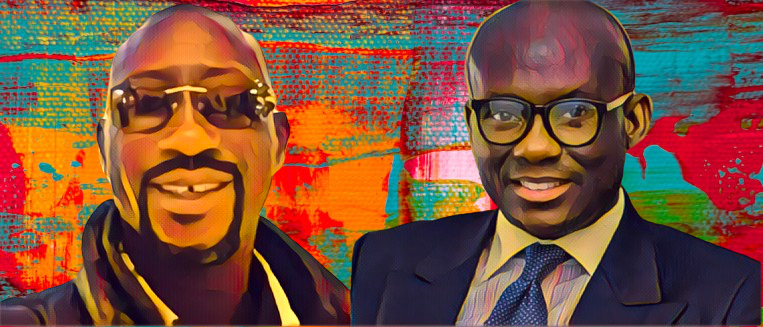In a heated legal confrontation, Seidu Jakpa, a key figure in a high-profile corruption case in Ghana, has rebuffed the Attorney General’s (AG) request to testify in a manner that he claims would be dishonest. Jakpa’s refusal has intensified the scrutiny and debate surrounding the case, which involves alleged misconduct and bribery.
Jakpa, a prominent businessman, is at the center of an investigation involving a leaked tape purportedly documenting conversations about bribery and corruption. The tape has stirred significant public interest and has been a focal point in the fight against corruption in Ghana.
During a recent court hearing, Jakpa openly challenged the AG’s approach, stating that he could not in good conscience provide testimony in the way the prosecution was directing. “I will be dishonest if I testify the way you want,” Jakpa declared, asserting his stance against being manipulated or coerced into giving false statements.
The AG’s office, led by Attorney General Godfred Dame, has been under pressure to secure testimonies that could corroborate the content of the leaked tape and strengthen the case against those implicated. The AG believes that Jakpa’s testimony is crucial to establishing the authenticity of the tape and the alleged conversations it contains.
However, Jakpa’s resistance complicates the prosecution’s efforts. His refusal to align with the AG’s strategy raises questions about the integrity of the evidence and the motivations behind the case. Jakpa insists that he is committed to telling the truth but will not be swayed to support a narrative he believes to be untruthful.
The case has broader implications for Ghana’s political and legal systems. It underscores the challenges faced in tackling corruption and the importance of transparency and fairness in judicial proceedings. The public and various civil society groups are closely monitoring the developments, calling for a thorough and impartial investigation.
Critics of the AG’s office argue that the pressure on Jakpa to testify in a specific way undermines the judicial process and could lead to a miscarriage of justice. They advocate for an approach that prioritizes the truth over securing a conviction by any means necessary.
Supporters of the AG, however, maintain that Jakpa’s testimony is vital for exposing corruption and holding accountable those who misuse their positions of power. They argue that Jakpa’s cooperation is essential for the broader goal of establishing a culture of accountability in Ghana.
In response to the controversy, Jakpa has reiterated his commitment to cooperating with the investigation, provided that it is conducted fairly and without undue influence. He has called for an independent review of the tape and the circumstances surrounding its release, emphasizing the need for an objective assessment of the evidence.
The unfolding drama in this case highlights the complexities of prosecuting corruption and the delicate balance between pursuing justice and ensuring fairness. As the case progresses, it remains to be seen how Jakpa’s stance will impact the overall investigation and the fight against corruption in Ghana.
In conclusion, Jakpa’s refusal to testify as directed by the AG adds a significant twist to an already contentious case. His insistence on honesty and integrity in his testimony underscores the broader issues at stake in Ghana’s ongoing battle against corruption. The resolution of this case will have far-reaching implications for the country’s legal and political landscape.
Source: Ghana Web




